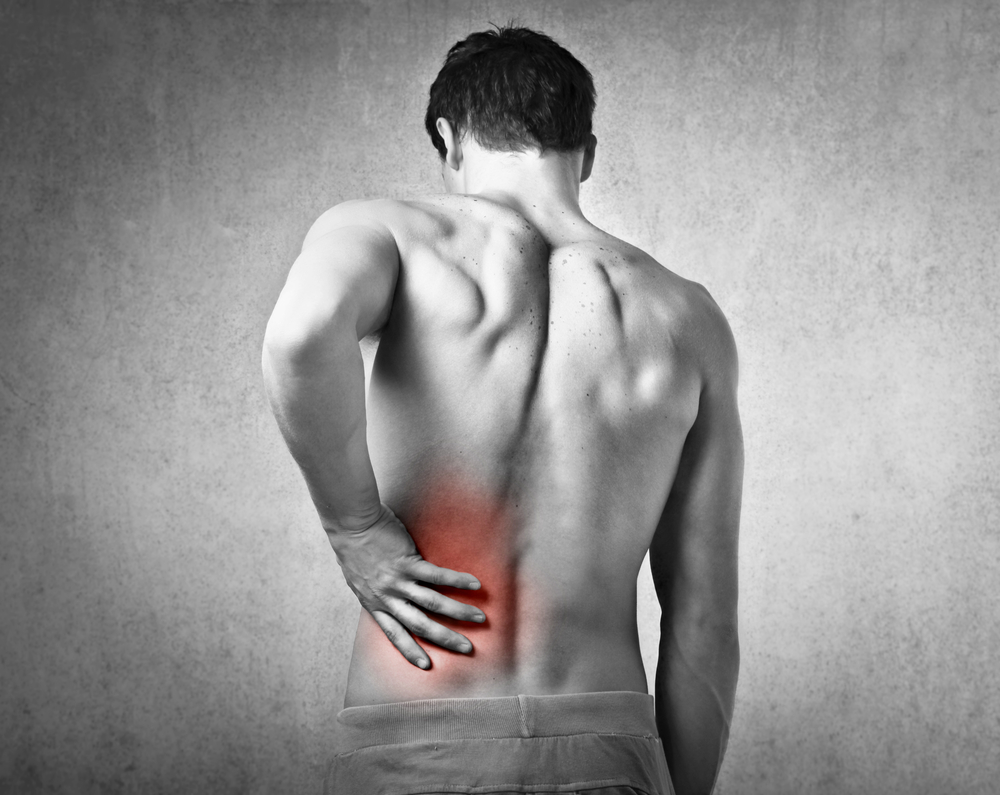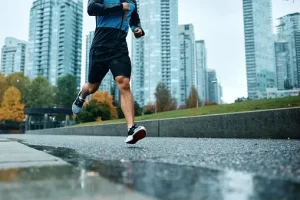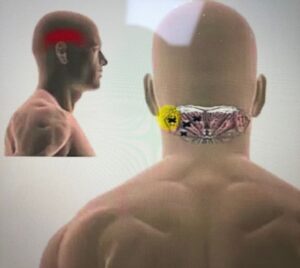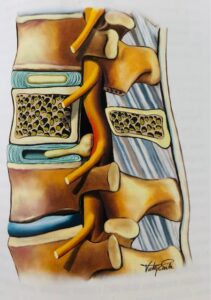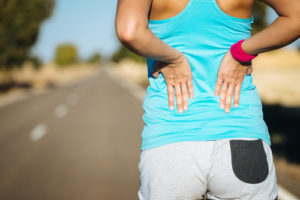 I was reading through the latest copy sent to me by CSP (Chartered Society of Physiotherapy) this morning while sipping on some Yorkshire tea and keeping my daughter entertained so she don’t snatch the magazine out my hand. I must admit I don’t always read the magazine (I’m guilty) but this morning on a nice sunny day before I got ready to go and open my clinic I thought I’d have a read because there must be something of interest to me. Low and behold!!! I came across an article about back pain (surprise surprise). Let me get this straight I was as a student at Cardiff University very afraid to treat patients with low back pain like many others who were studying with me. Why was this? It was because the low back area was conveyed to us as something really ‘sacred’ and patients who had low back pain especially chronic low back pain had all sorts of scary medical terminologies thrown at them after they have been for an X-ray or an MRI scans by the time they come to see me for treatment I was scared too when I read the reports. Now I’m not saying scans are no good they are a good tool to rule out serious life-threatening pathology along with a thorough assessment with the physiotherapist but scans and clinicians (not all clinicians) reinforce the belief that the low back pain is due to tissue damage with treatments directed at spinal structures.
I was reading through the latest copy sent to me by CSP (Chartered Society of Physiotherapy) this morning while sipping on some Yorkshire tea and keeping my daughter entertained so she don’t snatch the magazine out my hand. I must admit I don’t always read the magazine (I’m guilty) but this morning on a nice sunny day before I got ready to go and open my clinic I thought I’d have a read because there must be something of interest to me. Low and behold!!! I came across an article about back pain (surprise surprise). Let me get this straight I was as a student at Cardiff University very afraid to treat patients with low back pain like many others who were studying with me. Why was this? It was because the low back area was conveyed to us as something really ‘sacred’ and patients who had low back pain especially chronic low back pain had all sorts of scary medical terminologies thrown at them after they have been for an X-ray or an MRI scans by the time they come to see me for treatment I was scared too when I read the reports. Now I’m not saying scans are no good they are a good tool to rule out serious life-threatening pathology along with a thorough assessment with the physiotherapist but scans and clinicians (not all clinicians) reinforce the belief that the low back pain is due to tissue damage with treatments directed at spinal structures.
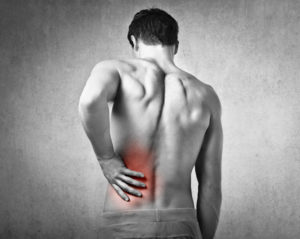 In contrast, evidence supports (Peter O’ Sullivan in Australia) that low back pain in the sporting and non-sporting population is associated with a combination of factors which include pathoanatomical, physical, lifestyle, psychological, social, neurophysiological, and genetic which can predispose someone to back pain. Getting back to my point! With recent body of evidence coming out we should not be afraid of low back pain, we need to treat it like any other pain in the body i.e. shoulder pain, knee pain, ankle pain or a headache. This has made me more confident as a clinician over the years since graduating and now I look forward to helping people overcome back pain rather than running away from it.
In contrast, evidence supports (Peter O’ Sullivan in Australia) that low back pain in the sporting and non-sporting population is associated with a combination of factors which include pathoanatomical, physical, lifestyle, psychological, social, neurophysiological, and genetic which can predispose someone to back pain. Getting back to my point! With recent body of evidence coming out we should not be afraid of low back pain, we need to treat it like any other pain in the body i.e. shoulder pain, knee pain, ankle pain or a headache. This has made me more confident as a clinician over the years since graduating and now I look forward to helping people overcome back pain rather than running away from it.
Coming back to the CSP article I was reading this morning (before I went off on one, I hope you are still with me on this if you are reading this) on strategies of managing low back pain. Research papers were published by The Lancet looked at the impact of this leading cause of disability worldwide. The findings from these papers suggest that there is inappropriately high use of imaging, rest, opioids, spinal injections, and surgery. They also found that painkillers are often prescribed in many countries with limited positive effect and very little emphasis on interventions that are evidence-based such as… wait… keep waiting for it… EXERCISE with education. So many people with low back pain do not exercise or if they do they don’t do it enough. If you had gone to your GP and he gave you a course of medication to take I bet you will complete it without fail but when we tell people to exercise and move they will not follow through and give up too easily. The added benefits that exercise brings such as reducing stress and anxiety, releasing feel good hormones in the body, improves sleep, improves confidence, improves cardio vascular health and so much more.
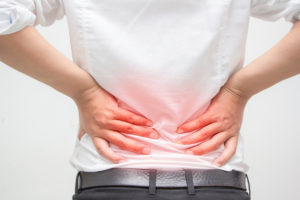 We professionals and decision-makers must ensure that patients are getting the right form of treatment, more value for money, and empower to self-manage by looking at the current body of evidence and explaining to our patients about the most effective form of treatment to improve their back pain and to get them on board. You can contact us for more information on these issues.
We professionals and decision-makers must ensure that patients are getting the right form of treatment, more value for money, and empower to self-manage by looking at the current body of evidence and explaining to our patients about the most effective form of treatment to improve their back pain and to get them on board. You can contact us for more information on these issues.

